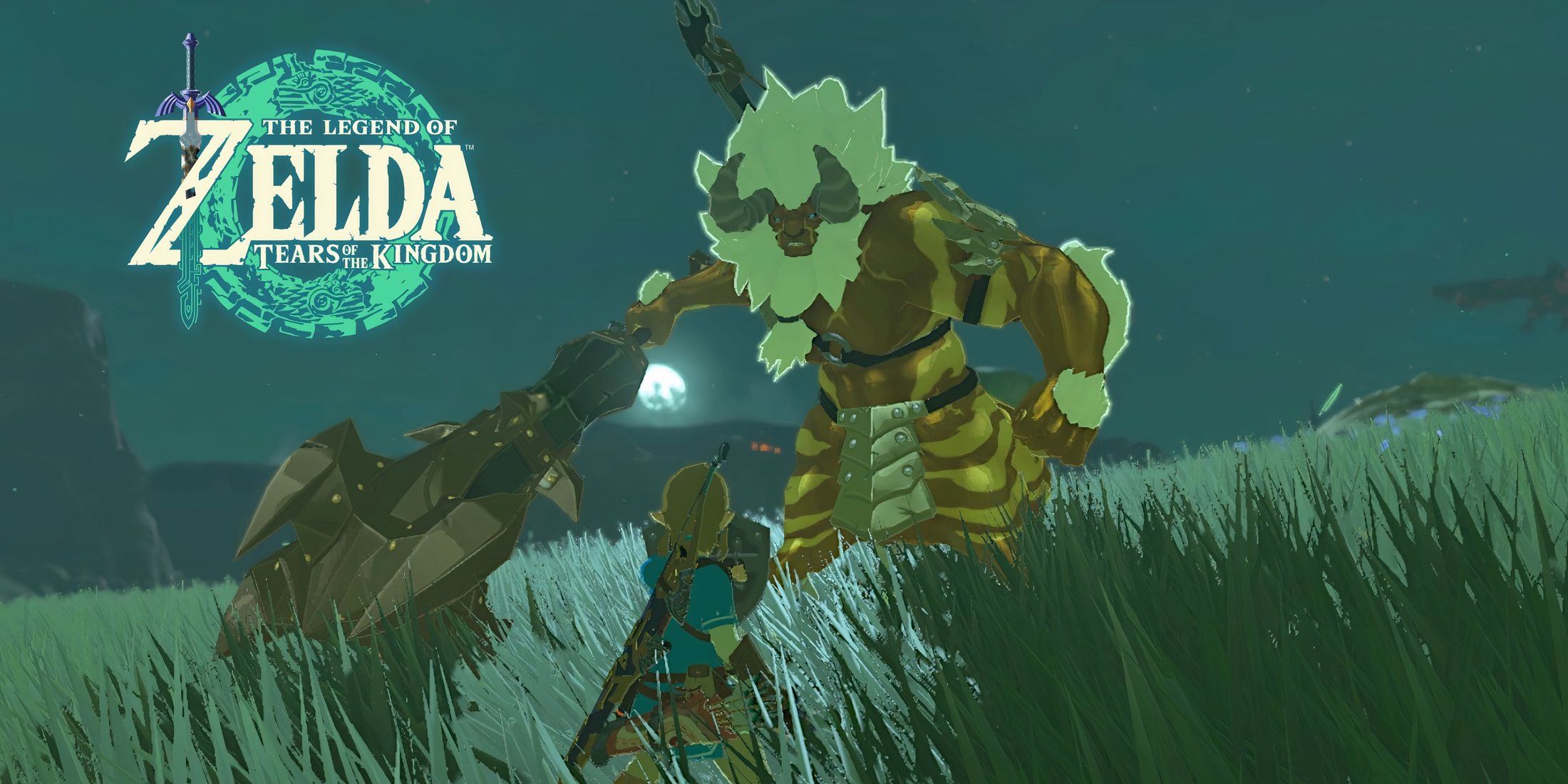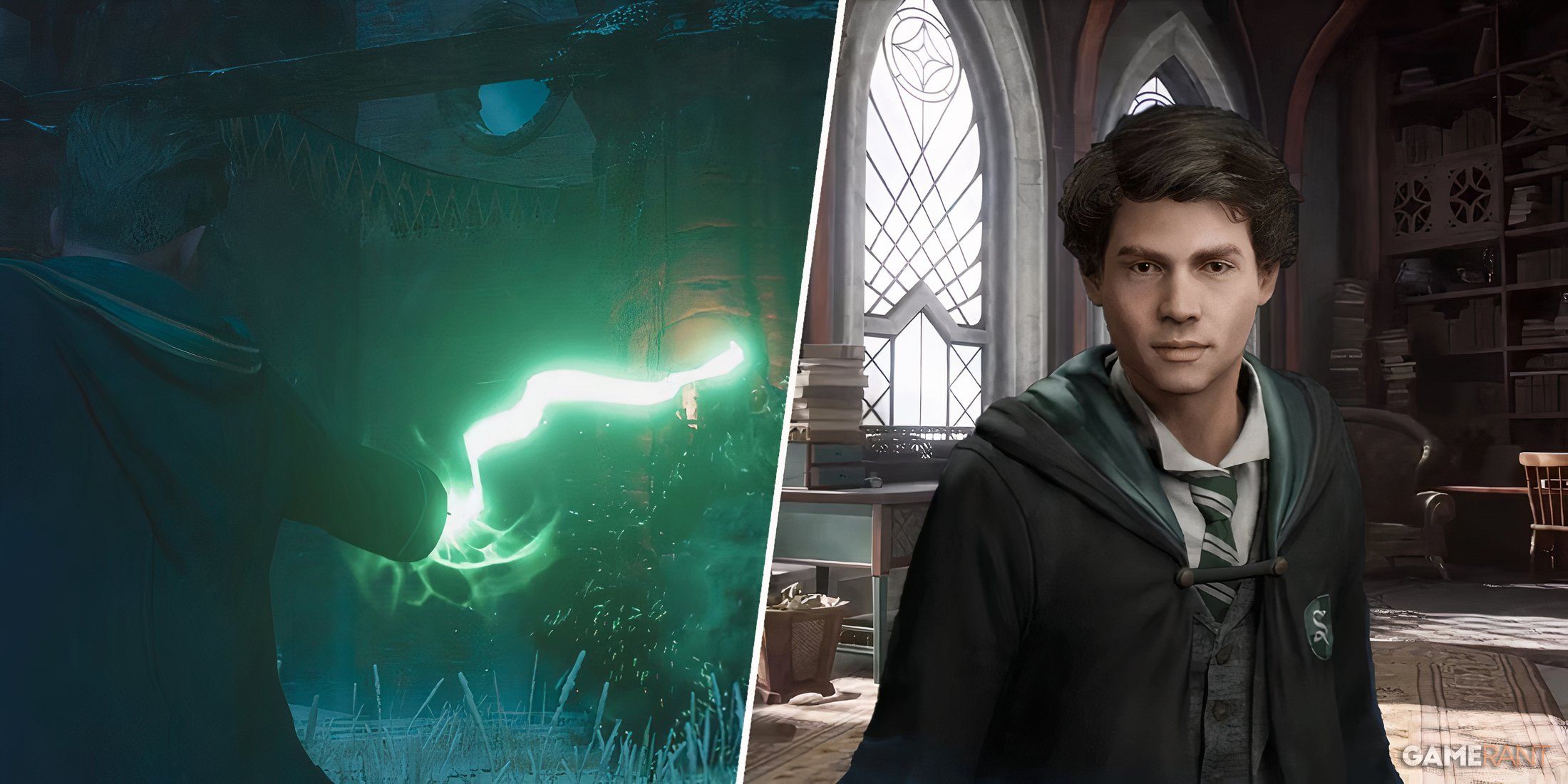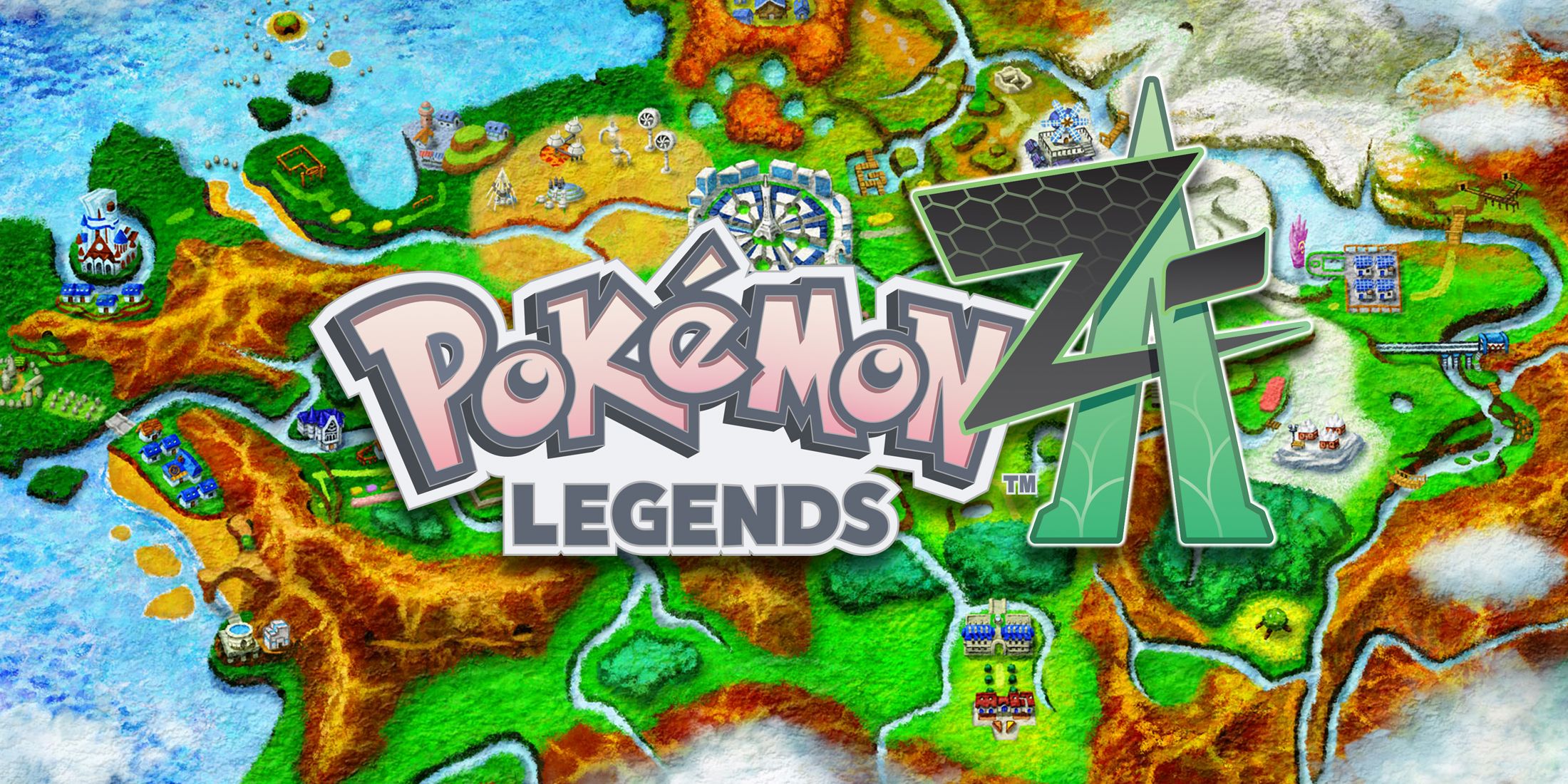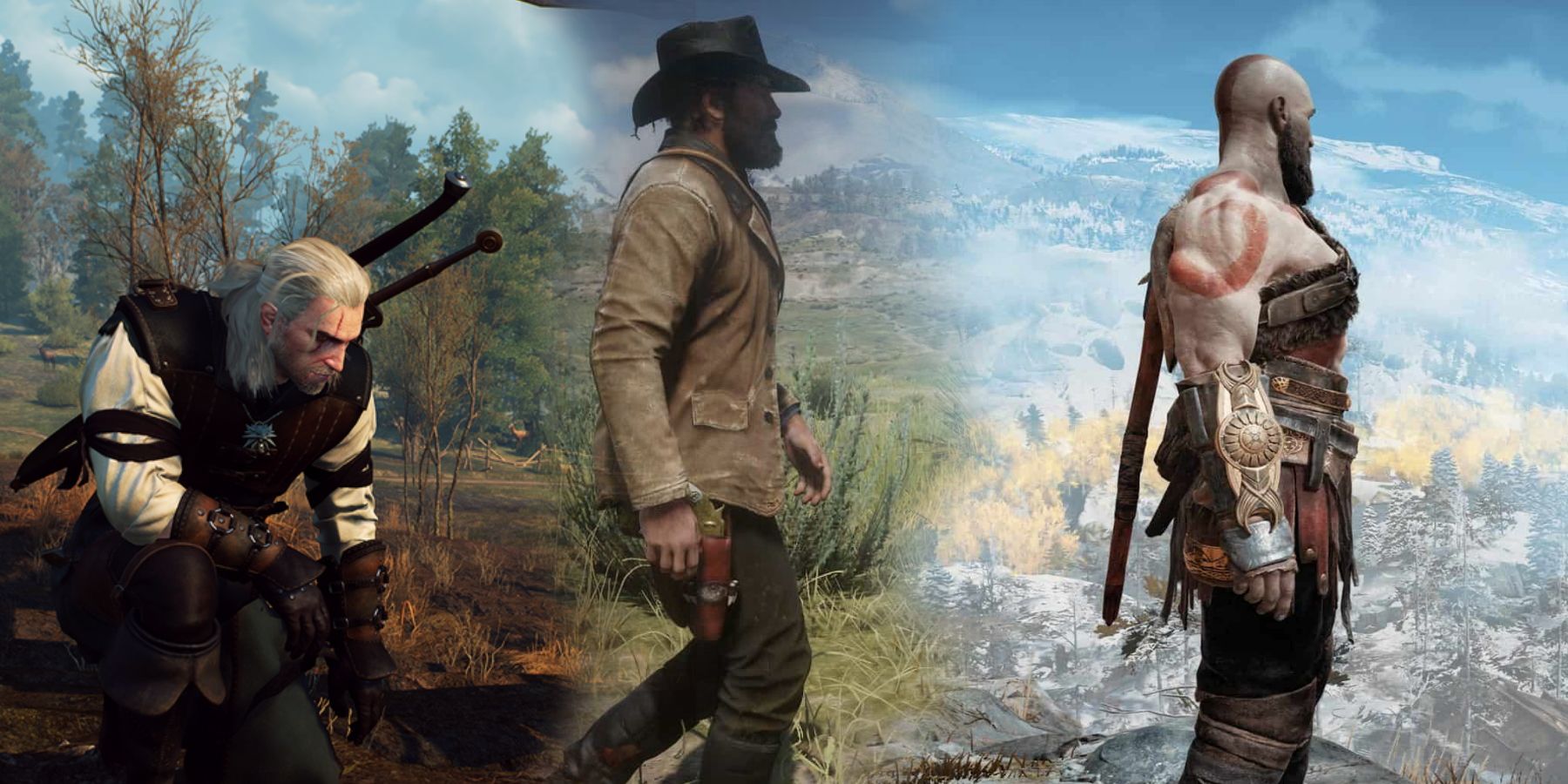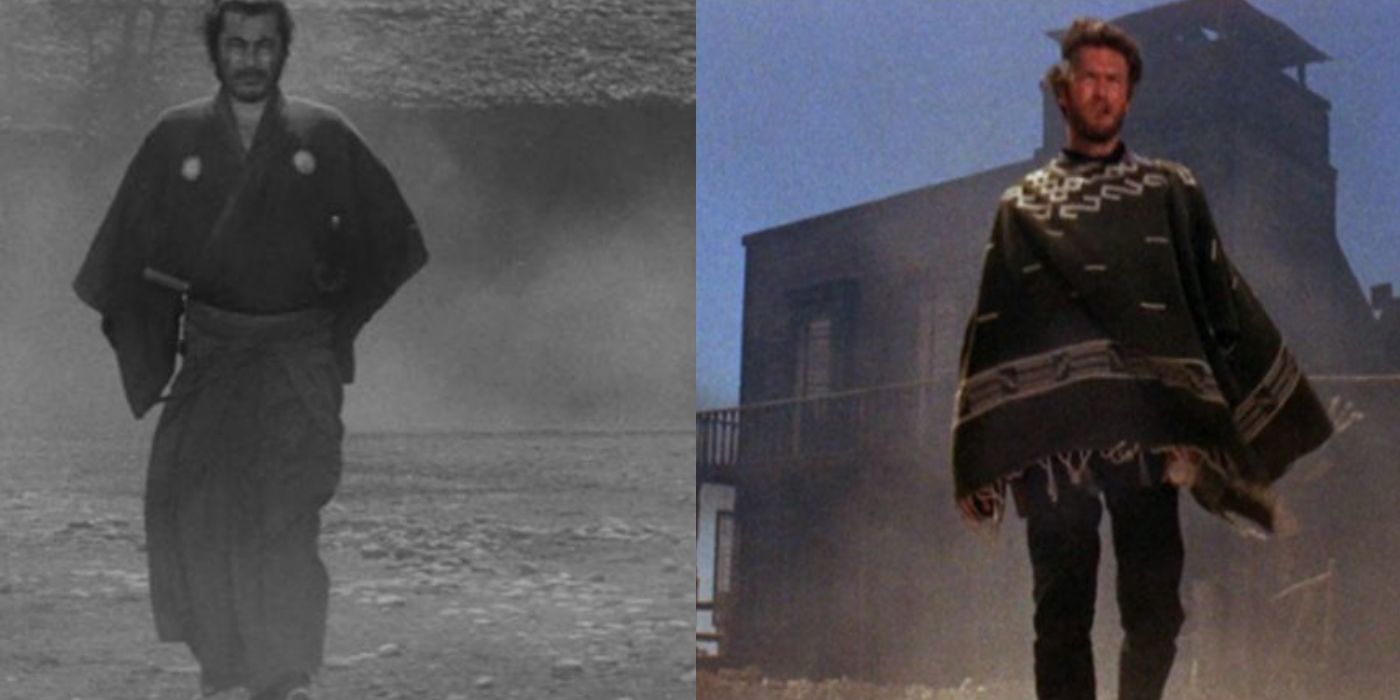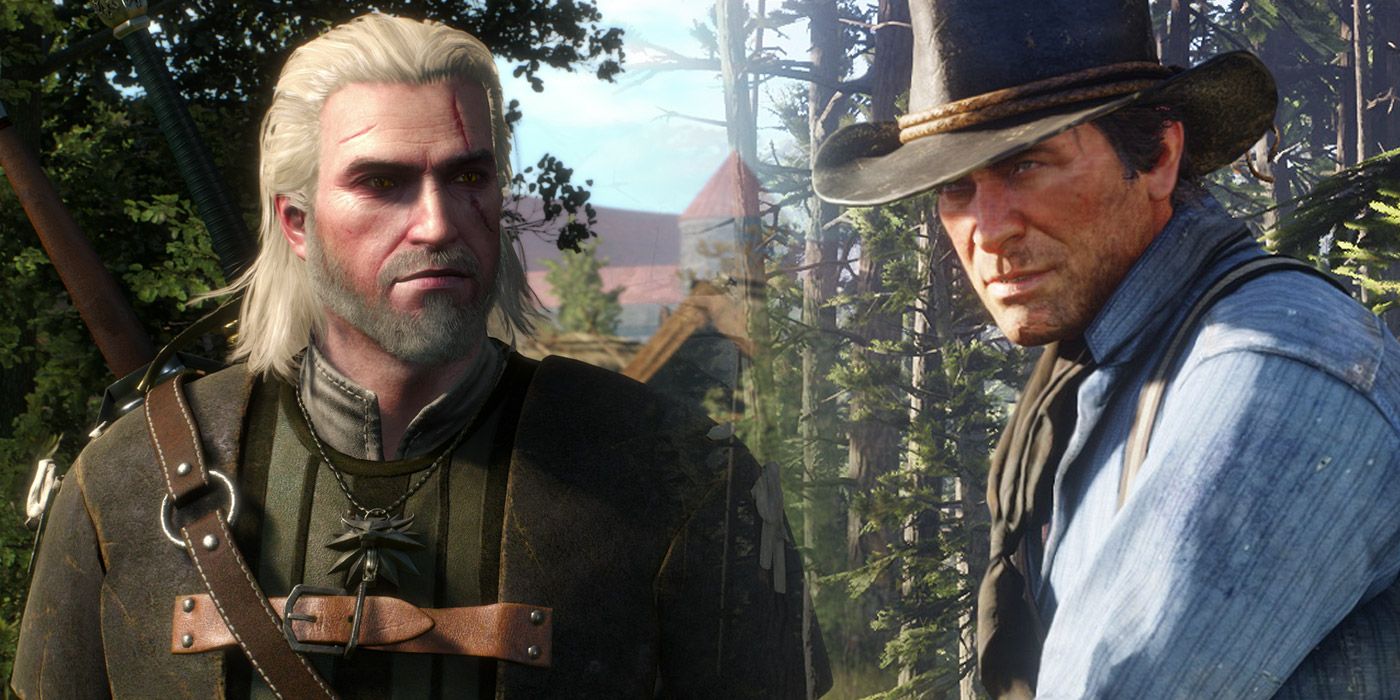Over the last decade, certain games have been praised for pushing the boundaries of video game storytelling, delivering compelling, cinematic narratives that provide great ammunition in a debate which has dogged the medium since its inception – can video games be art? In a strange turn, however, many of the triple-A games praised for their storytelling have protagonists who resemble each other in many ways. To use just three examples, Red Dead Redemption 2’s Arthur Morgan, God of War’s Kratos, and The Witcher 3’s Geralt of Rivia all fulfil the same broad archetype.
They’re all men and they’re all stoics. Each one has his own brand of sardonic wit, and they’re all morally ambiguous. These heroes are haunted by some of their violent deeds, but in the end, the potential remains for them to reveal a heart of gold. It’s an archetype that has a long history in cinema, but the reason for its success in gaming goes beyond the popularity of this type of character. This archetype has a particular functional use in an interactive medium that it doesn’t have on the silver screen. Here’s how it works, and the common ancestor Arthur, Kratos, and Geralt of Rivia share.
The Archetype
Cinema history is full of stoic, sardonic, morally ambiguous men, and the archetype’s survival in the era of video games is no surprise. Some of the most popular film actors of the 20th century, especially A-list leading men who made their names in Westerns like Clint Eastwood and John Wayne, helped make the archetype a mainstay, displacing the more morally black and white heroes of the genre’s past.
Clint Eastwood’s role as Joe – later refitted as the Man With No Name – in A Fistful Of Dollars is a great example. As with the film’s plot and many of its shots, Eastwood’s character owes a huge debt to Akira Kurosawa’s movie Yojimbo and the character Kuwabatake Sanjuro, played by Kurosawa’s favored leading man, Toshiro Mifune. Mifune made his name playing the exact archetype now identifiable in games like Red Dead 2, God of War, and The Witcher 3.
Across movies like Yojimbo, Sanjuro, and many more, Mifune played serious, competent men who ocassionally let their sense of humor show through dry wit. These men could turn violent at a moment’s notice, however, and though they were often haunted by their pasts, they would sometimes seek to redeem themselves by protecting the innocent - or at least turning their violent tendencies on those they deemed deserving.
Mifune has already been cited by Arthur Morgan’s actor Roger Clark as a huge influence, but the actor’s legacy is equally felt in characters like Kratos and Geralt. Geralt is haunted by his legacy as the Butcher of Blaviken and the disdain others feel for him as a mutant. In God of War (2018), Kratos is haunted by the whirlwind of violence he wrought upon the Greek pantheon across the original trilogy, a cycle of violence he hopes his son Atreus will not continue.
Arthur refers to himself as a bad man throughout Red Dead 2, even if the player is High honor, and it’s hard to argue with him. In even the most benevolent playthroughs, Arthur Morgan is the Van der Linde gang’s ruthless enforcer, shaking people down for money, killing rival gang-members in cold blood, beating men in the street, and antagonizing those around him in cinematics even if players are well-mannered while exploring the world.
Morality In An Interactive Medium
When it comes to Clint Eastwood and Toshiro Mifune’s characters, the question of their ultimate morality is answered by the climax of their movies, where they usually do the right thing despite their moral ambiguity throughout the story so far. The reason this archetype works so well in Red Dead 2 and The Witcher, is that the player themselves is in charge of Arthur and Geralt’s morality to a significant degree.
The character archetype makes both a ruthless and a compassionate version of these characters believable behind their stoic exteriors. Although there aren’t many major decisions to be made in God of War, the archetype makes Kratos’ bloody past and his compassion equally plausible in the eyes of the player.
This type of character works particularly well in an interactive medium because it’s inherently flexible. Watching a movie with this sort of character, the viewer is expected to wonder about their morality. In a video game, the player themself is often tasked with answering that very question. It isn’t just Kratos, Arthur, and Geralt who demonstrate just useful this character type can be in video games, either. The degrees vary, but it is often the case that games praised for their cinematic storytelling have stoic leading men with dark pasts and hidden sensitive sides. Both of Troy Baker’s roles as Booker DeWitt in BioShock Infinite and Joel in The Last of Us provide even more examples.
This archetype is one that transitions particularly well from the cinema to an interactive medium like gaming, but it also raises some questions. Studios known for their cinematic storytelling like Rockstar, Santa Monica Studio, and Naughty Dog have used this archetype to such great success that it’s sometimes hard to imagine how the cinematic games of the future will break free from it once it grows stale. The studio that figures out how to make an equally flexible protagonist who bucks this trend could find itself with a hit on its hand.
Arthur, Kratos, and Geralt have their differences, and their games give players varying degrees of control over the character’s actions and personality. They are unlikely to be the last successful video game heroes who inherit Toshiro Mifune’s legacy, however. The question now is whether or not other archetypes will be able to find equal triple-A success in the future as well.

